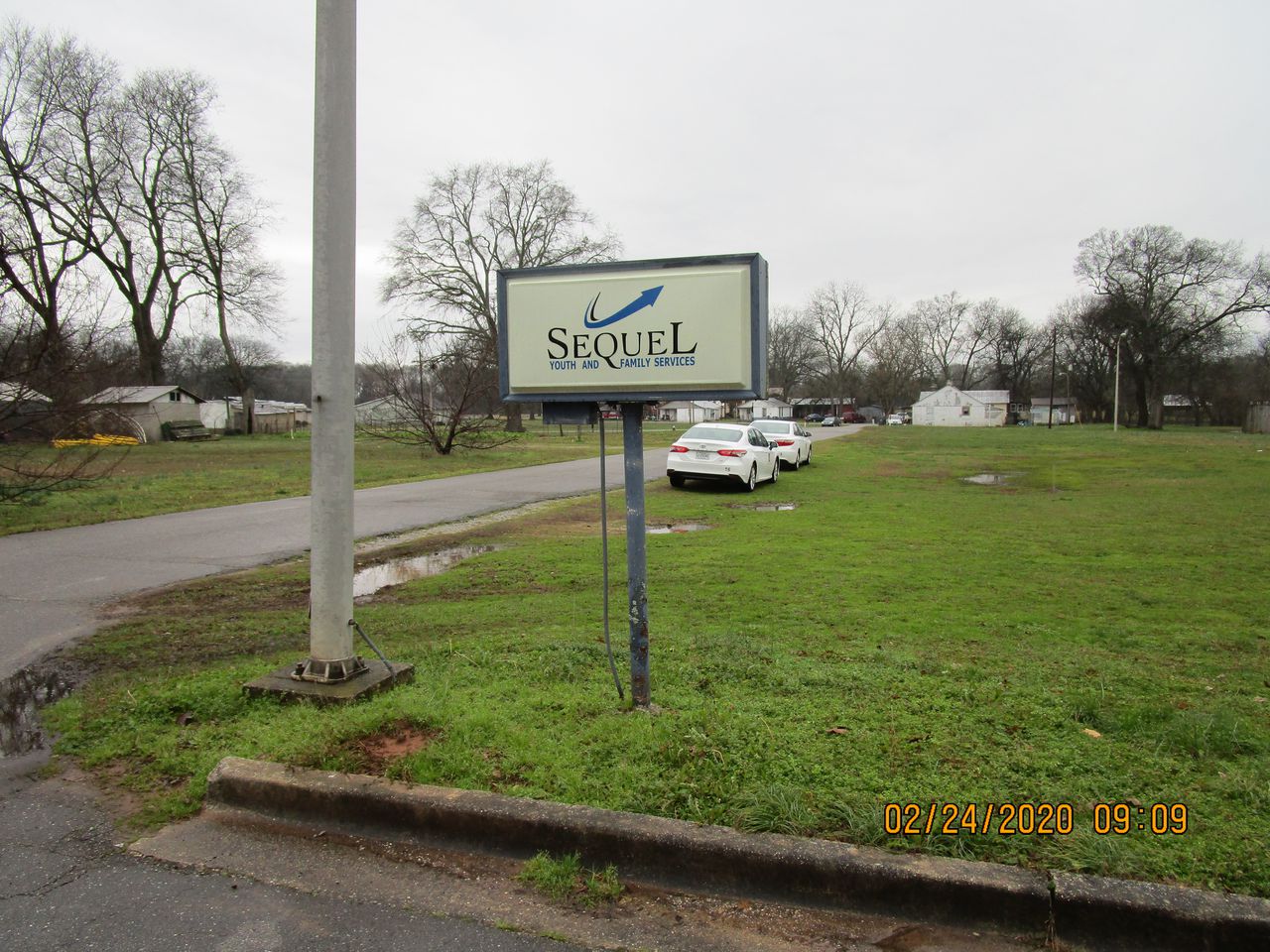Alabama children given âinferiorâ education in facilities, multiple lawsuits claim
Six federal lawsuits were filed Wednesday alleging that children with disabilities placed in residential treatment facilities have been discriminated against and denied educational opportunities.
The lawsuits claim that children placed in these facilities are deprived of meaningful interaction with their non-disabled peers, and also receive inferior instruction, limited resources and inadequate support.
The legal actions come after a Department of Justice investigation last year found the state of Alabama – namely the Department of Human Resources and State Department of Education – “illegally discriminates against children in foster care with emotional and behavioral disabilities.”
“With this legal action, we hope to bring attention to the dire need for reform and establish a precedent ensuring equal education rights for children with disabilities across Alabama and the nation,” said Tommy James, who filed the lawsuits, along with attorneys Jeremy Knowles and Caleb Cunningham, on behalf of children placed in facilities. “We are confident we will prevail in these lawsuits, and the State of Alabama will be forced to change its discriminatory practices.”
The DOJ investigation claimed that the state agencies relegated hundreds of students with disabilities to segregated educational programs in violation of the Americans with Disabilities Act.
“The Department of Justice’s findings are deeply troubling and underscore the need for immediate action to ensure our most vulnerable have equal access to education,” James said.
“It is inexcusable that state officials have ignored and been complicit in such systemic segregation and discrimination. The DOJ’s revelations are not only concerning—they are damning. Every child, irrespective of disability, is entitled to equal educational opportunities.”
The new lawsuits filed name Nancy Buckner, Commissioner of DHR, and Eric Mackey, State Superintendent of the Alabama Department of Education, as defendants. Both agencies said they were unable to comment on the litigation at this time.
The lawsuits allege that children were not given an option to attend schools in their communities once they were placed in residential treatment facilities, instead they were enrolled into schools on the campus of the facility, where the education was “substantially inferior.”
One suit claims that, “because of the inferior education that Plaintiff received at Sequel Owens Cross Roads, J. K. has been unable to enroll in traditional public-school systems. In fact, J. K. has been denied the right to enroll in the previous school systems due to their educational record’s gaps and inadequacies due to the lack of educational opportunities received while in Sequel Owens Cross Roads.”
Another states that, “because of the inferior education that Plaintiff received at these facilities, Cavanaugh has been unable to enroll in traditional public-school systems. In fact, Cavanaugh has been unable to advance academically or interact socially due to the lack of education he received while at the facilities. Cavanaugh is unable to seek employment opportunities or otherwise advance in life.”
The plaintiffs in these suits were placed in Sequel Tuskegee, Sequel Owens Cross Roads and Sequel Courtland. Sequel TSI of Alabama, a Huntsville-based provider, rebranded to Brighter Path last year after the company’s facilities in Alabama and across the country came under fire for numerous abuse scandals.
The company is not listed as a party in any of the suits filed Wednesday.
Advocacy organizations and attorneys have for years detailed their “grave concerns” about the health and safety of residents inside some of Alabama’s PRTFs, namely those run by Sequel.
Groups have called on the state to revoke Sequel’s license to operate and relocate the children residing in the facilities after finding the facilities to be “violent and chaotic places where youth are physically and emotionally abused by staff and peers, subjected to wretched living conditions, provided inadequate supervision and medical care, and subjected to illegal seclusion and restraint.”
The lawsuits seek, among other things, compensatory damages, attorney’s fees, and costs, emphasizing the severe educational, financial, and social damages suffered by the plaintiffs and countless other children due to these discriminatory practices.
James added that he and his co-counsel plan to file dozens of more lawsuits relating to educational discrimination in residential treatment facilities in the coming months.
